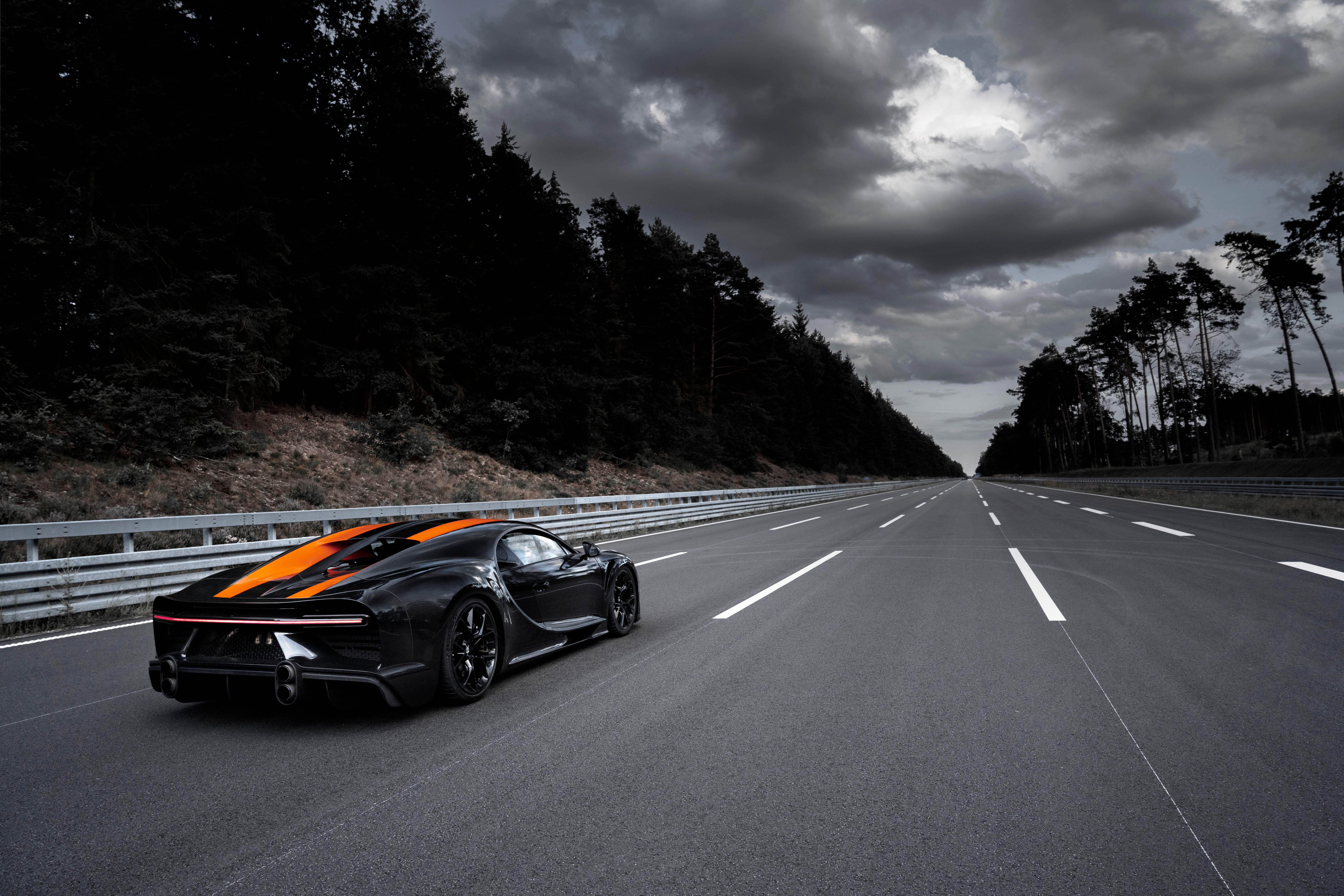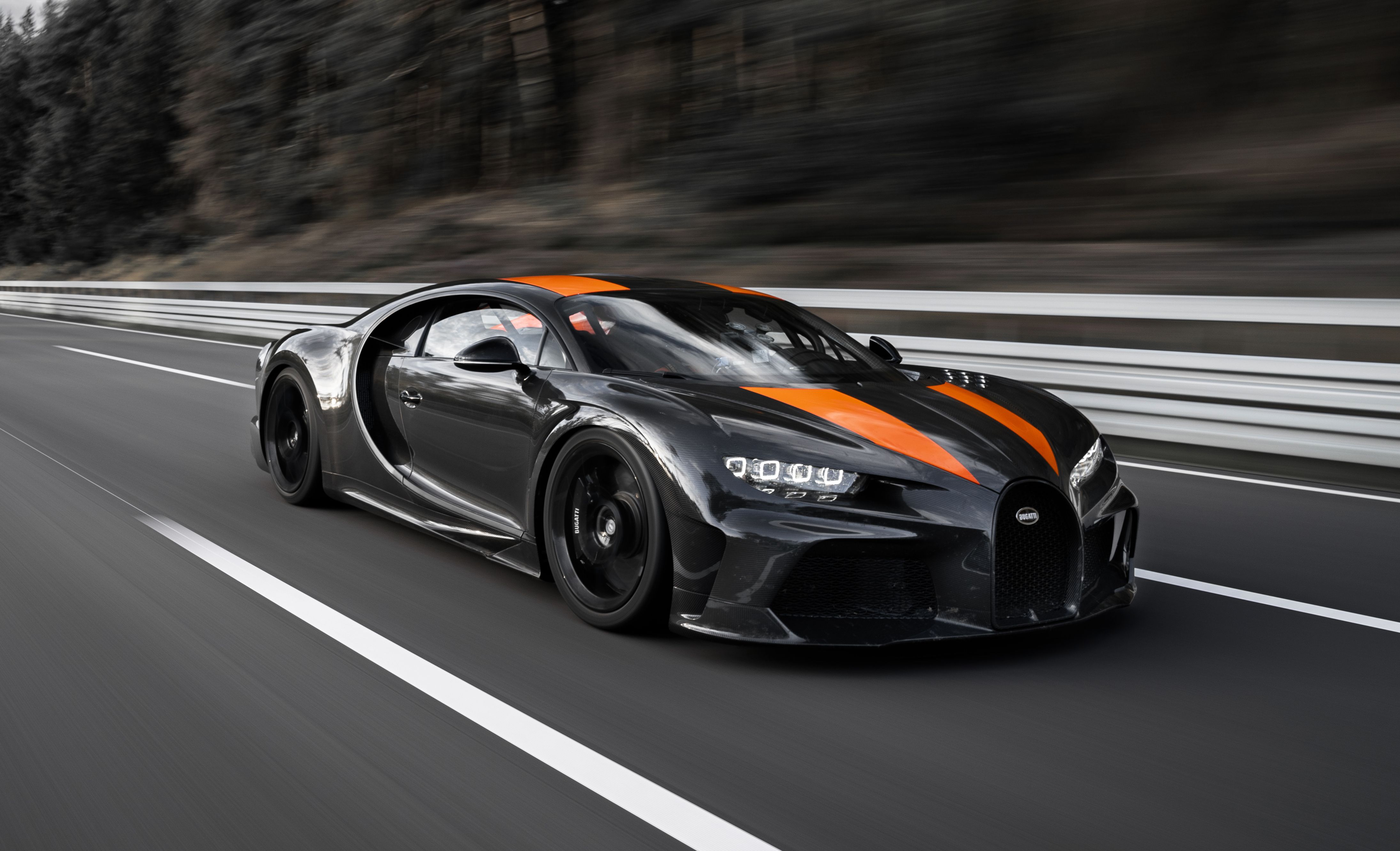When you look back at the automotive industry in, say, the 80s, 90s, or even the 2000s, every single performance car that came out was about acceleration or top speed. Take the McLaren F1, which sets a production car speed record that lasted, seemingly, forever. Bugatti then one-upped the F1’s record of 221 mph In 2005 by hitting a verified 253.81 mph in a Veyron EB 16.4. Even today, a few automakers are still going to ridiculous acceleration and top speed, with the best example being just a few years ago, when the Koenigsegg Agera RS broke the record again, setting the bar to 277.87 mph. But, these days, more and more automakers are shying away from the focus on speed records and even acceleration, but why?
Speed and Acceleration Has Been Fading Right In Front of Us
Remember back in 2018 when Bugatti boss, Stefan Winkelmann, said that top speed was no longer a priority for Bugatti? Bugatti eventually released the Chiron Super Sport 300+ which did set a new record, but that was kind of like a bonus. Have you noticed that brands like Ferrari, Lamborghini, and even BMW are boasting speed capabilities less and less while trying to shine light more on a car’s handling capability?
This is happening because hybridization – and to a lesser extent, full-on electrification – has made things light top speed and acceleration less important. Maybe not to people like you and me, but not to companies that once prided themselves on how fast their cars can hit benchmarks. What’s special about the Bugatti Chiron being able to hit 62 mph in 2.4 seconds, when the Tesla Model S can run dead even? Even entry-level electric cars are hitting benchmarks that were once reserved for sports cars. The Chevy Bolt, as an example, can hit 60 mph in 6.3 seconds That makes it faster than a 1989 Aston Martin Virage at 6.6 seconds and even a 1996 BMW M3 which made the same sprint in 6.5 seconds.
It all boils down to the instantaneous torque made available by electric motors. Because of the power of electricity (no pun intended) automakers can deliver neck-breaking acceleration without even trying. So, how do you stand out? You shift your priorities, and Lamborghini is one of the first to take the plunge publicly. In fact, Lamborghini hardly even cares about acceleration at this point. Today, it’s more about handling and driving dynamics, as expressed by Francesco Scardaoni, the brand’s Asia-Pacific boss.
This can even be seen in cars from lesser brands. Look at the Subaru BRZ and Toyota 86. Despite cries for turbocharging, both brands have chosen to stick with natural aspiration and a focus on handling. Event he Toyota Supra was found to be more impressive with a four-cylinder engine and 50-50 weight distribution. The list goes on and on. So, with that said, maybe it’s time we all quit looking at on-paper performance and look at what really makes a car stand out – how well it handles on and off the track. As EVs become more mainstream, this is what’s going to set truly amazing cars apart in a world where 2.3-seconds to 60 mph is normal.


